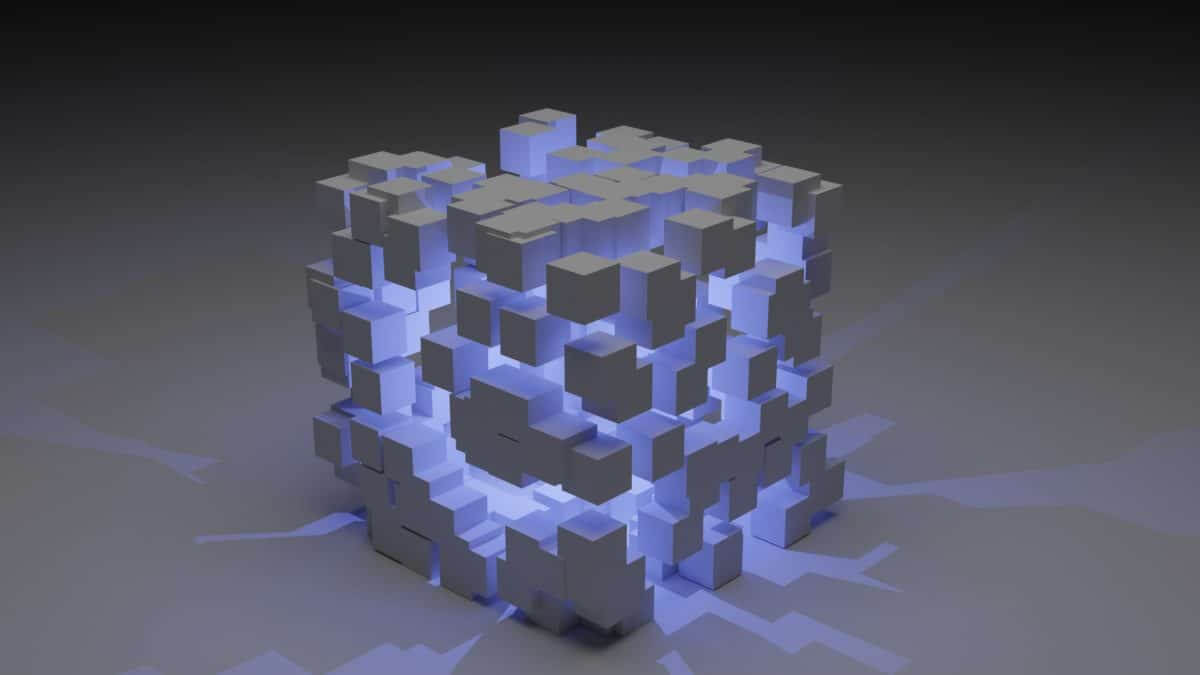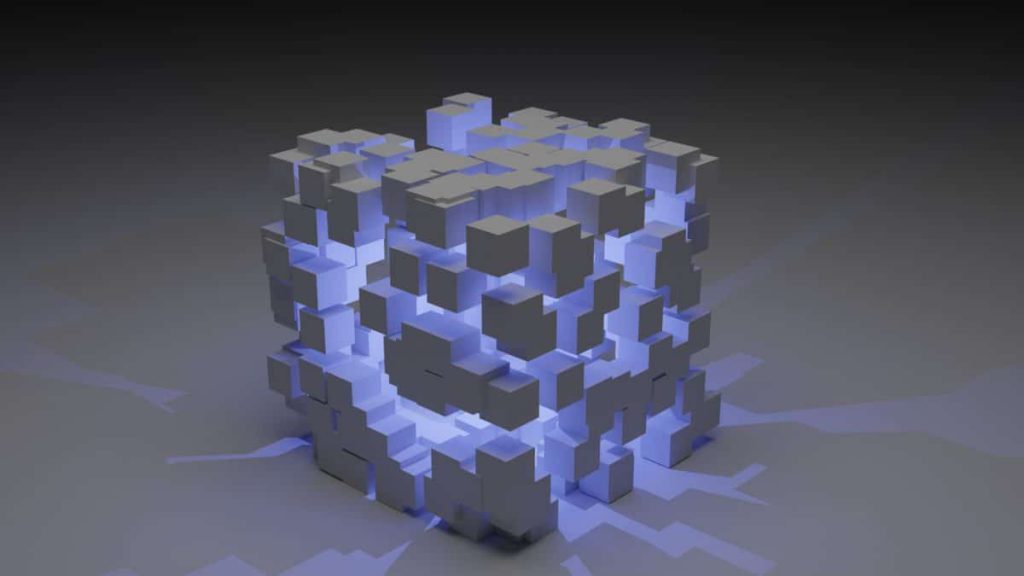
Electoral process by using blockchain technology?
Blockchains are “trustless,” which implies that because cryptography is already inside of them, when we make transactions. The trust to verify them is there and people seem to agree with it. In order to cast your ballot in the existing system. You must do so in person and have faith in the box teller. You also rely on the town and state where you reside to accurately count ballots. Voting requires trust, and trusting a process that is not completely clear might be difficult. The voting process is cumbersome because it necessitates going to the polls in person, which necessitates taking time off work and standing in line. The chance of participation might increase if we use technological advancements that serve to make things more convenient and accessible.
Higher Transparency
Voting records Being on-chain allows us to keep track of who has registered to vote and where they are permitted to do so. The public can have confidence in the open ledger since they know everyone who is eligible to vote can do so. Votes won’t be subject to the risk of being “thrown out” any more thanks to the permanent blockchain record of results. In order to allay worries about vote fraud, anyone can confirm their vote on the block explorer. Voter identification is also no longer a problem, as IDs are now stored using immutable data that has only been processed once.
Improved Security
Voting on a chain creates a system that appears to be impenetrable since we can instantly check the outcomes. Voting online and recording every citizen’s vote on a blockchain both have many benefits. However, a private, permissioned blockchain that can only be accessed by Americans and government employees is required. Since the chain will operate independently, citizens and government representatives can examine the data without meddling with it. However, numerous impartial parties will need to vote on, authorize, monitor, and audit any engineering or infrastructure improvements made to the blockchain.
The possibility of errors is reduced when using a permissioned blockchain because all data is recorded on a publicly accessible ledger. All voters have the ability to confirm and attest to the accuracy of election results. Enabling us to treat every voter equally. Which is crucial when taking vote tampering into account.
Final Reflections
It’s intriguing to think about blockchain applications’ in sectors and companies outside of the DeFii area. By upgrading and modernizing antiquated systems for the twenty-first century, blockchain technology advances civilization. At some point, blockchain-based financial products like Central Bank Digital Currencies (CBDCs) will replace current currencies around the world. As a result, it is just a matter of time before blockchain integrates itself into other crucial governmental procedures. Such as voting. Technology advancements can help us build a more effective, transparent voting process, which is crucial right now. It’s up to us in Web3 to provide fresh ideas. Which make life better for everyone and guarantee the survival of our democracy. In terms of voting, I’m sure we’ll do it and excited to see what we can create.


